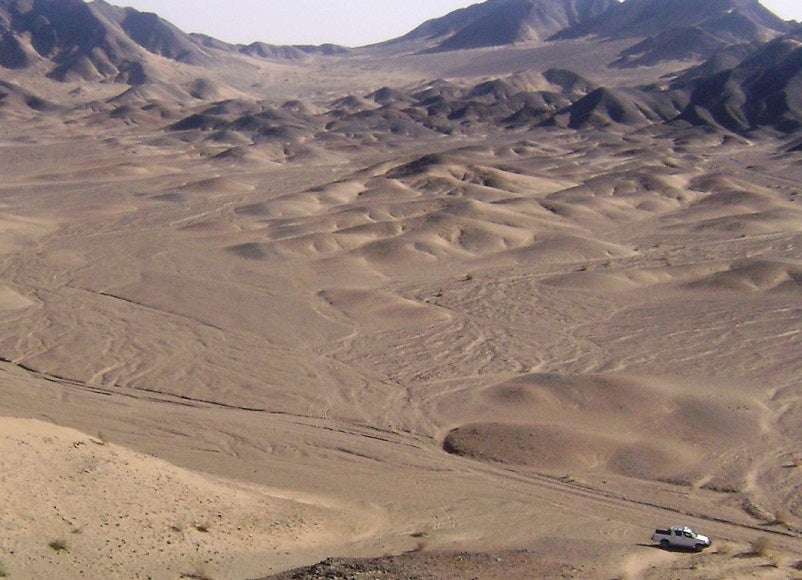
Canadian company Barrick Gold has signed a final agreement with Pakistan’s federal government and Balochistan’s provincial government to restart operations at the long-stalled Reko Diq gold and copper mining project in the country, reported Dawn.
The deal, which is effective from 16 December, comes days after the Supreme Court of Pakistan declared the out-of-court settlement signed in March 2022 between the Pakistani government and international firms Barrick Gold and Antofagasta as legal.
According to the out-of-court deal, the $11bn penalty imposed by a World Bank arbitration court in 2019 on Pakistan, as well as the other liabilities will be waived off, thereby ending the prolonged dispute to restart the development of the Reko Diq mine in Balochistan’s Chagai district.
Barrick Gold said the reconstitution of the Reko Diq project has been completed following receipt of the Supreme Court of Pakistan’s favourable opinion.
Claimed to be one of the world’s largest undeveloped copper-gold projects, Reko Diq is owned 50% by Barrick while three federal state-owned enterprises together hold a 25% stake.
The Province of Balochistan holds a 15% stake on a fully funded basis and 10% interest on a free carried basis in the project.

US Tariffs are shifting - will you react or anticipate?
Don’t let policy changes catch you off guard. Stay proactive with real-time data and expert analysis.
By GlobalDataBarrick president and CEO Mark Bristow said: “We are currently updating the project’s 2010 feasibility and 2011 feasibility expansion studies. This should be completed by 2024, with 2028 targeted for first production.
“With its unique combination of large scale, low strip and good grade, Reko Diq is expected to have a life of at least 40 years. We envisage a truck-and-shovel open pit operation with processing facilities producing a high-quality copper-gold concentrate.”
The project is planned to be developed in two phases and has a combined process capacity of 80 million tonnes per annum.
With an anticipated initial capital cost of approximately $7bn, the project is expected to start production between 2027 and 2028.
Since 2011, the Reko Diq project has been stalled due to a long-running dispute with the Pakistani Government over its licensing process.



